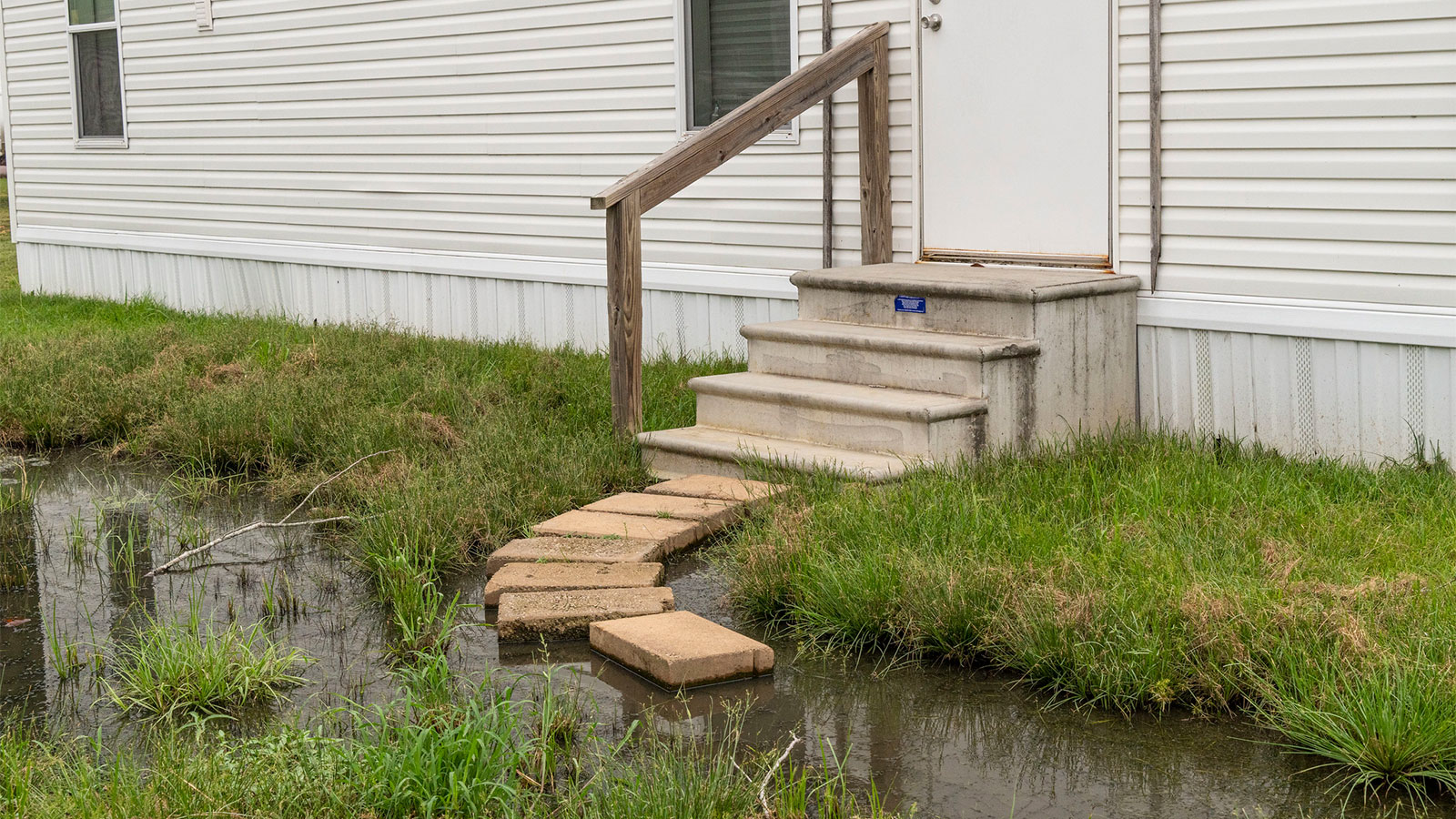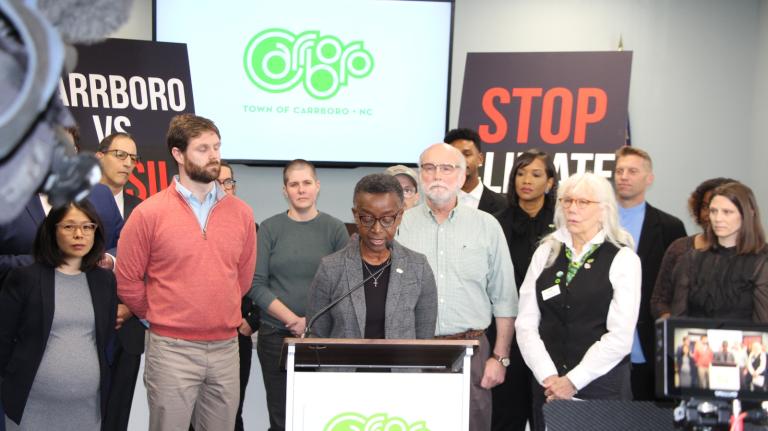A civil rights complaint filed with the Environmental Protection Agency on Monday accuses the state of Alabama of mismanaging funds that should have gone to fix long-standing sewage issues for predominantly Black communities in both urban and rural pockets of the state.
The Center of Rural Enterprise and Environmental Justice, Natural Resources Defense Council, and Southern Poverty Law Center, accuse the Alabama government of withholding federal funds distributed though a state program intended to address clean water issues for Black residents.
The complaint alleges the Alabama Department of Environmental Management purposefully set up rules that stopped any applicant trying to get funds from Alabama’s Clean Water State Revolving Fund. Historically, Black Alabamans have comprised the majority of people who are forced to live with raw sewage and without proper plumbing.
The rules that blocked access included: a cumbersome points system, a refusal to consider financial need, a limited amount of loan forgiveness, and a lack of alternative financing options. In contrast, neighboring states like Florida and Georgia offer low interest loan options and Virginia has a fund which offers grants to residents to replace their septic systems.
One of the factors in the lack of viable sewage systems is the soil, which is composed of clay and drains water very slowly, which makes it difficult to build and maintain sewage systems. In poorer communities, septic systems are expensive to obtain and many homeowners have “straight pipes,” pipes that flush waste directly from the home through a PVC pipe to an area nearby, sometimes just a few yards from the home. In an area of the country where conditions are already difficult to achieve basic sanitary conditions, climate change will almost certainly make it worse.
Catherine Coleman Flowers knows this issue deeply after 20 years of advocating for her community. She founded the Center for Rural Enterprise and Environmental Justice and wrote a book called Waste: One Woman’s Fight Against America’s Dirty Secret. (She was also named to the 2020 Grist 50 list of emerging climate leaders.)
Septic systems in this part of the country must contend with many factors, including the soil and the high water table, which makes them prone to damage. “[Septic systems] are failing as well and people just can’t afford to fix them,” said Flowers.
Residents are also dealing with the threats to their health due to sewage exposure, like hookworm, which one 2017 study found was present in one-third of residents in Lowndes County in Alabama’s Black Belt. Fixing the issue would address issues of disparities in health and sanitation, as well as eliminate a problem that has plagued Alabamans for decades.
“People that are on the lower end of the economic spectrum tend to be people of color and if we could get this resolved I think that it will not only solve the problem for communities of color but it will also solve the problems for all homeowners that are living with onsite septic systems,” said Flowers.



